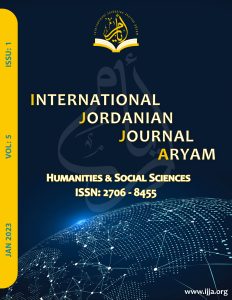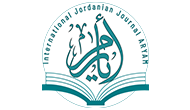Received: 11-6-2019 Revised: 15-06-2019 Accepted: 06-09-2019
Abstract: The colonial experience, whose effects are still lingering after the end of direct colonialism and independence, formed the backgrounds and foundation of the terms (postcolonial literature), (postcolonial criticism), (colonial theory), and (discourse). Postcolonial discourse) and other such attributes. They all revolve around the study of colonialism, its effect after liberation or independence as well. The legality of the postcolonial reading can be sought in the narrative of the migration season to the north of the good good and the frequent relationship and imbalance between East and West. The post-colonial discourse worked in this novel on the basis of difference, antagonism, marginalization and the center between national culture and world culture, and the frequent relationship, antagonism and a sense of inferiority that continued to dominate Eastern thinking and consciousness towards the West. Negative compares or contradicts with what they want the West or the West, and that the East vision of the West is a geographical imagination and nothing more.
IJJA is a Humanities and Social Sciences publishing journal committed towards providing a platform to outstanding scientists and researchers to exhibit their findings for the furtherance of Humanities and Social Sciences.
The International Jordanian Journal, Aryam Journal of Humanities and Social Sciences (IJJA) (ISSN print: 2710-3005), (ISSN Online: 2706 – 8455) welcomes high quality contributions investigating topics in the fields of Humanities and Social Sciences .
![42cd5crossreff[1]](https://aijj.org/wp-content/uploads/2023/04/42cd5crossreff1.jpg)
![6357copenaccsess[1]](https://aijj.org/wp-content/uploads/2023/04/6357copenaccsess1.png)
![97aa6road[1]](https://aijj.org/wp-content/uploads/2023/04/97aa6road1.jpg)

